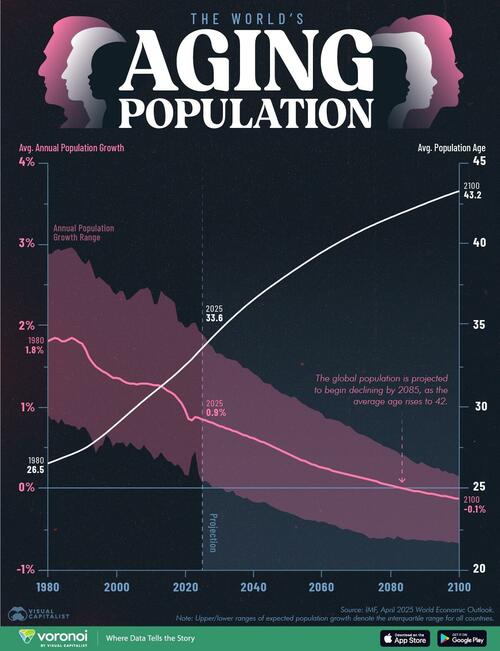Tourism ministers from various G20 countries have been putting in hours of both work and play in India over the past five-six months. India’s G20 presidency has a special focus on tourism, one that leans towards improving its business potential while enhancing its sustainability credentials. This combination might sound contradictory to the uninitiated, but India is not alone in pursuing development of responsible tourism as a viable business proposition. But there is a larger problem: the more tourism is treated solely as a business, the further it moves from its core purpose of cultural exchange and education.
A sample of press releases from working group meetings underscores the importance of the core purpose:
The delegates visited the Harappan Site of Dholavira, a UNESCO World heritage site, where delegates were briefed about effective and efficient water management…The delegates were also familiarized with the local Kutchi art and traditions. They also enthusiastically joined the folk artists in a dance performance during a cultural evening.
—Press release, G20 Tourism 1st working group meeting, 10 February 2023.
The delegates also experienced the ‘Shikara’ ride – a traditional gondola type light rowing boat, at the pristine ‘Dal’ lake and enjoyed viewing sunset. Delegates also had the opportunity to experience the local attractions like Nishad garden, Polo Market, Pari Mahal.
—Press release, G20 Tourism third working group meeting, 26 May 2023.
The tourism working group was introduced during the 2020 Saudi Arabia G20 presidency. One of the immediate objectives was to help mitigate covid-related travel curbs; a broader purpose was to also develop the tourism sector as a key business platform for economic growth.
Since then, the tourism working group has expanded its focus to make the industry more resilient, especially in the face of the pandemic’s lingering after-effects, while measuring progress against Agenda 2030 targets to make the tourism business more climate-friendly.
Many G20 members, particularly European Union (EU) members that are part of the Schengen arrangement (which leaves out Ireland, Bulgaria, Cyprus and Romania) have been exceedingly tardy in providing tourist visas, this apathy bordering almost on discrimination. A growing distaste for economic and political migrants that has been evident in many of these countries in recent years seems to have stretched, inexplicably, even to Indian tourists who are willing to spend on a holiday and return home. And then, looking at the crush of tourists on the ground in some European nations gives rise to the lurking suspicion that this prejudice might be limited to tourists from select geographies.
A Conde Nast Traveller story (t.ly/fQ55K) shows Schengen visa refusals to Indians ranked the second highest in the world during 2022 (Algeria topped the list), with Indians paying an estimated ₹87 crore for visas not received.
Travel agents in India claim this is unprecedented, hinting darkly about a European reprisal for India’s geopolitical stand on the Ukraine conflict. Even if that might sound outlandish, there are many tourists who recount lived horror stories. Families buying airline tickets for European destinations and booking hotels in February or March for a European holiday in June were unable to get visa slots before October. In some cases, European embassies delivered visas days after the scheduled flights, despite applicants having submitted all the relevant data.
Ironically, this has been happening to Indian tourists while India hosts a G20 tourism ministerial.
What makes all this egregious is that European nations seem to be practising this selectively, in violation of even the EU’s tourism policies. India and Europe have been trying hard, both in their own ways, to not only strengthen the global multilateral architecture, but to also work together on security, trade and other strategic imperatives. The fact that both parties are currently negotiating a trade deal makes the apparent rejection of Indian tourists even more inexplicable.
At its core, though, all this can perhaps be explained by how tourism is increasingly being defined by a hardened business focus, both by the EU and India.
There is no denying that tourism has a role to play in job creation, economic growth and poverty alleviation. But that must not detract from its core purpose of promoting cross-cultural exchanges—as evidenced by the activities of G20 delegates described in the press releases cited above—as a reliable means of improving understanding among diverse communities separated by geography.
India’s G20 presidency has the responsibility to inform partners that tourism can become a business only when tourists travel. It is all very well to publish outcome documents, but in the face of divergent ground realities, the G20 runs the risk of being treated like another effete talk-shop, a la the climate negotiations in which discussions have failed to move the needle even a bit. It might be time to turn the focus back on tourists.
Download The Mint News App to get Daily Market Updates.
More
Less
Updated: 16 Jul 2023, 02:14 PM IST














